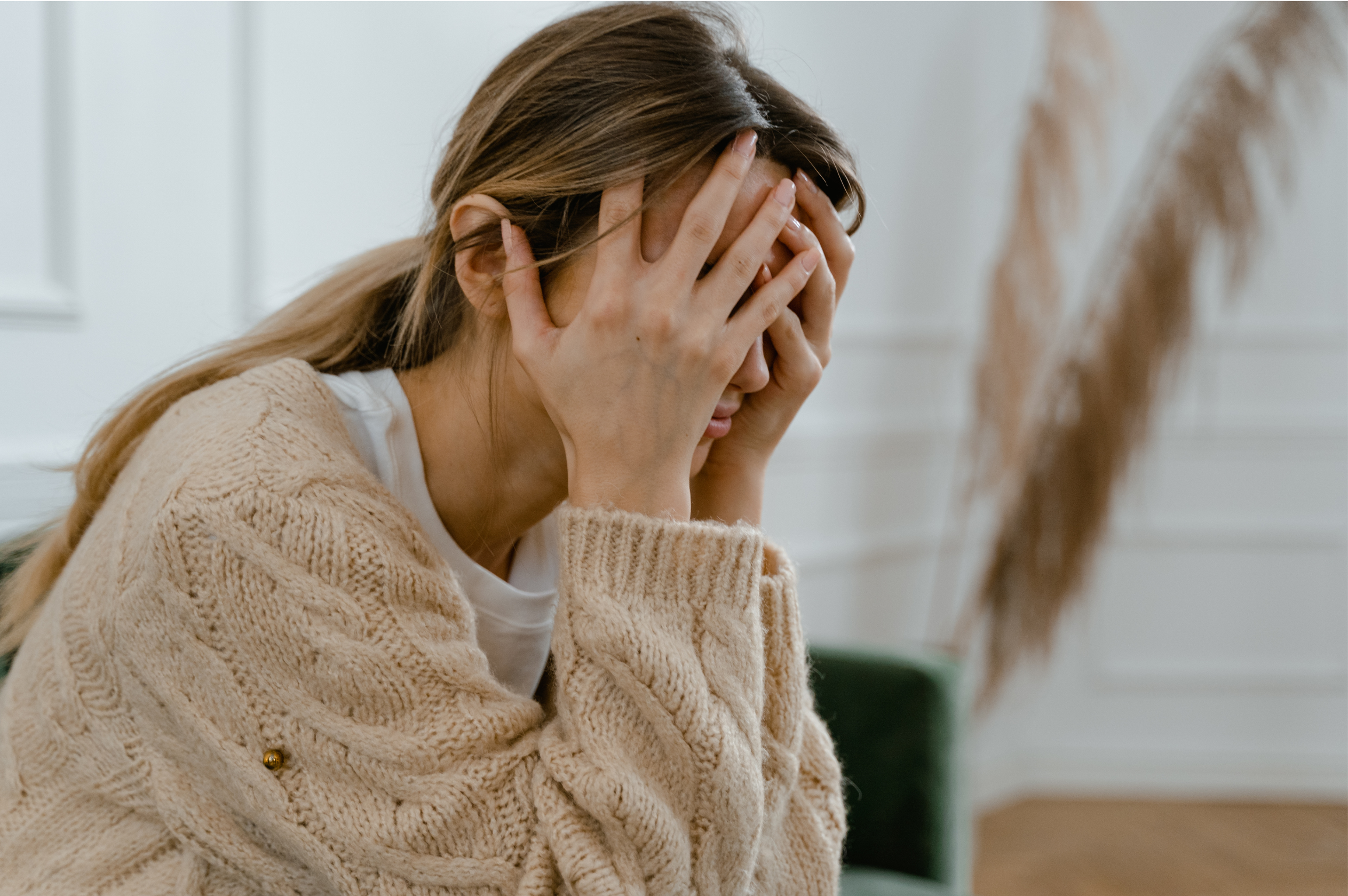5 Tested Coping Strategies to Help Reduce Your Anxiety

Anxiety is a common response to stressful situations, such as starting a new job, meeting new people, and taking tests. Some level of anxiety can be helpful as it can motivate you, prepare you for challenging situations, and keep you safe from harm.
However, anxiety becomes a problem when it persists for a long time or when you experience it without any threat present. If you are dealing with situational or persistent anxiety, there are some strategies that you can use to reduce your symptoms.
It is estimated that around 19.1% of adults have experienced an anxiety disorder within the past year. In teenagers aged 13 to 18, anxiety disorders affect one out of three individuals, according to the National Institute of Health.
Various factors can increase anxiety, such as social pressure, the pressure to succeed, change, increased use of social media, and constant exposure to negative news.
Symptoms of anxiety include restlessness, persistent worrying, difficulty concentrating, irritability, fatigue, muscle tension, trouble sleeping, nausea, diarrhea, rapid/shallow breathing, and fast heart rate.
If you are struggling with significant anxiety, it is recommended that you seek help from a mental health professional. They can help you understand what is triggering your anxiety and provide you with appropriate treatments based on your unique experience with anxiety.
5 Coping Strategies to Reduce Your Anxiety
Here are some coping strategies that can help reduce anxiety:
1. Deep Breathing:
Deep breathing can significantly reduce stress and anxiety by calming down your fight-or-flight response. To do this, focus on breathing from your diaphragm or belly. You can also try the square breathing pattern by breathing in for four counts, holding for four, out for four, and then holding for four.
2. 5-4-3-2-1 Grounding Technique:
This technique helps ground you in the present physical moment when your mind is stuck in negative thought patterns. You need to name five things you can see, four things you can feel, three things you can hear, two things you can smell, and one thing you can taste.
3. Move Your Body:
Engaging in physical activity releases endorphins that can enhance your well-being. It also helps you release pent-up stress and tension and take your mind off your worries. You can go for a walk, do household chores, or engage in leisure activities that involve physical movement.
4. Progressive Muscle Relaxation:
This technique involves slowly tensing and relaxing each muscle group in your body. It helps you distinguish between muscle tension and relaxation and breaks up your body’s natural response to stress.

5. Coping Statements:
These are positive, truthful, and realistic statements that replace negative or untrue anxiety-provoking thoughts. Using these statements can help change your brain’s neurotransmitters over time, resulting in new healthy thought patterns.
It is essential to practice these skills regularly to make them more effective. You can start by picking one or two skills and incorporating them into your daily routine. As you practice more, you are more likely to use these skills when you need to reduce your anxiety.
If you are struggling with anxiety, you can seek help from a mental health professional.

- Explore the coping strategies mentioned (deep breathing, grounding technique, physical activity, progressive muscle relaxation, coping statements). Which ones resonate with you the most? Why?
- Imagine implementing one of the coping strategies mentioned consistently for a week. How do you think it would impact your overall mood and anxiety levels?
Disclaimer: This article does not provide medical advice.
The information, including but not limited to, text, graphics, images and other material contained on this article are for informational purposes only. No material on this site is intended to be a substitute for professional medical advice, diagnosis or treatment. Please contact you medical professional or counselor for further information.




